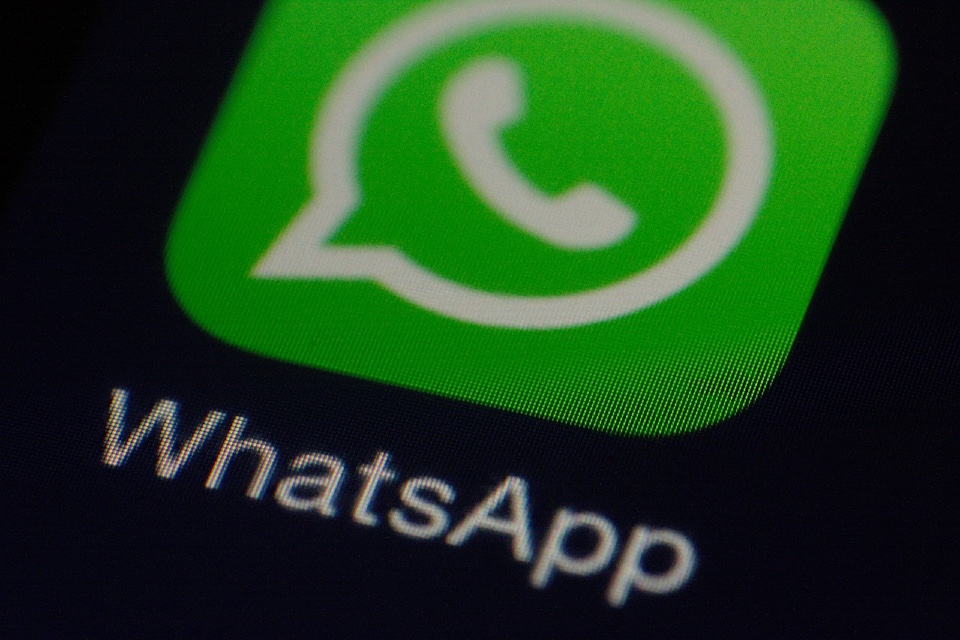137% increase in mobile app messages as AI begins to impact conversational brand interactions
Conversational messaging channels are seeing the fastest growth in terms of brand interactions with customers, with Infobip research recording a 137% increase in mobile app messages in 2023 compared to 2022, including a 73% rise in social media messages, and a 63% increase in chat app messages.
Infobip analysed more than 473 billion digital communications interactions on its platform in 2023 between businesses and consumers to identify the latest global business messaging trends, concluding that conversational experiences are increasing throughout the customer journey, whether for marketing, commerce, or support.
Conversational support
Whether a person is dealing with a human agent, a chatbot, or a combination of the two, conversational support provides an effective, efficient, and positive experience. WhatsApp remains the primary channel brands use for conversational support, where businesses send 90% of support messages over the chat app. However, brands are beginning to diversify their channel mix, leveraging chat apps in specific regions.
For instance, Infobip has recorded increases of 541%, 146%, and 284% in Messenger, Viber, and Line, respectively. Brands are now using conversational AI to provide personalized customer service and support. For instance, Megi Health Platform uses a virtual assistant on WhatsApp to help improve the patient experience. Meanwhile, insurance firm LAQO uses our Azure OpenAI partnership to provide a fast, 24/7 and personal service.
Conversational marketing
The two-way exchange of information is the basis for conversational marketing, and brands are ramping up their efforts to meet customers on the channels they use with their family and friends. Overall, the data shows a 29% increase in mobile app messaging for marketing in 2023 compared to 2022.
WhatsApp remains the top digital channel for conversational marketing in absolute numbers, driven by new features that enable customers to start and complete a purchase in a single WhatsApp chat window.
Infobip is also seeing significant increases in other messaging apps such as Telegram, Line, Viber, and Messenger. More specifically, WhatsApp messages increased by 421% in Asia Pacific in 2023, while mobile app messaging increased by 146% in the Middle East and North Africa and by 18 times in North America. Meanwhile, RCS Business Messaging is an emerging channel for conversational marketing.
Regional difference
With brands adopting conversational experiences globally, there are some regional differences:
- Africa: conversational channels gain traction with social media messages increasing nearly 2.5 times
- Asia Pacific: strong growth in mobile app messaging, with WhatsApp increasing by four times
- Europe: rapid growth for RCS, as interactions increase by 11 times
- Latin America: strong growth in mobile app messaging, with Viber increasing by more than 2.5 times
- Middle East North Africa: rapid adoption of conversational channels, as voice and video interactions double
- North America: exponential growth in rich messaging, with RCS interactions increasing by 50 times
The changing role of SMS
Infobip’s data from 2023 shows that SMS remains an important channel for business communication, but usage is changing where SMS is now being used alongside chat apps. Across all industries, brands most commonly use SMS with WhatsApp, with 25% of businesses choosing this combination. Moreover, where businesses and brands use two channels, SMS is one of the two options in 63% of cases.
Ivan Ostojić, Chief Business Officer at Infobip, said: “Our data shows how conversational experiences are rapidly spreading across the globe as businesses roll out marketing, sales, and support use cases. Where 2022 revealed a spike in omnichannel adoption when brands recognized the importance of connecting with their customers on their preferred channel, 2023 shows how brands are perfecting the end-to-end customer journey. Customers can now seamlessly progress through a journey within a single conversational thread on a chat app or RCS. With the emergence of interactive AI, we expect brands to incorporate a federation of different chatbots and AI algorithms working together to trigger actions at the ideal points during the customer journey. In the next year, we foresee the widespread adoption in customer service, marketing and sale automation, and for operational use cases like scheduling deliveries and managing payments.”



